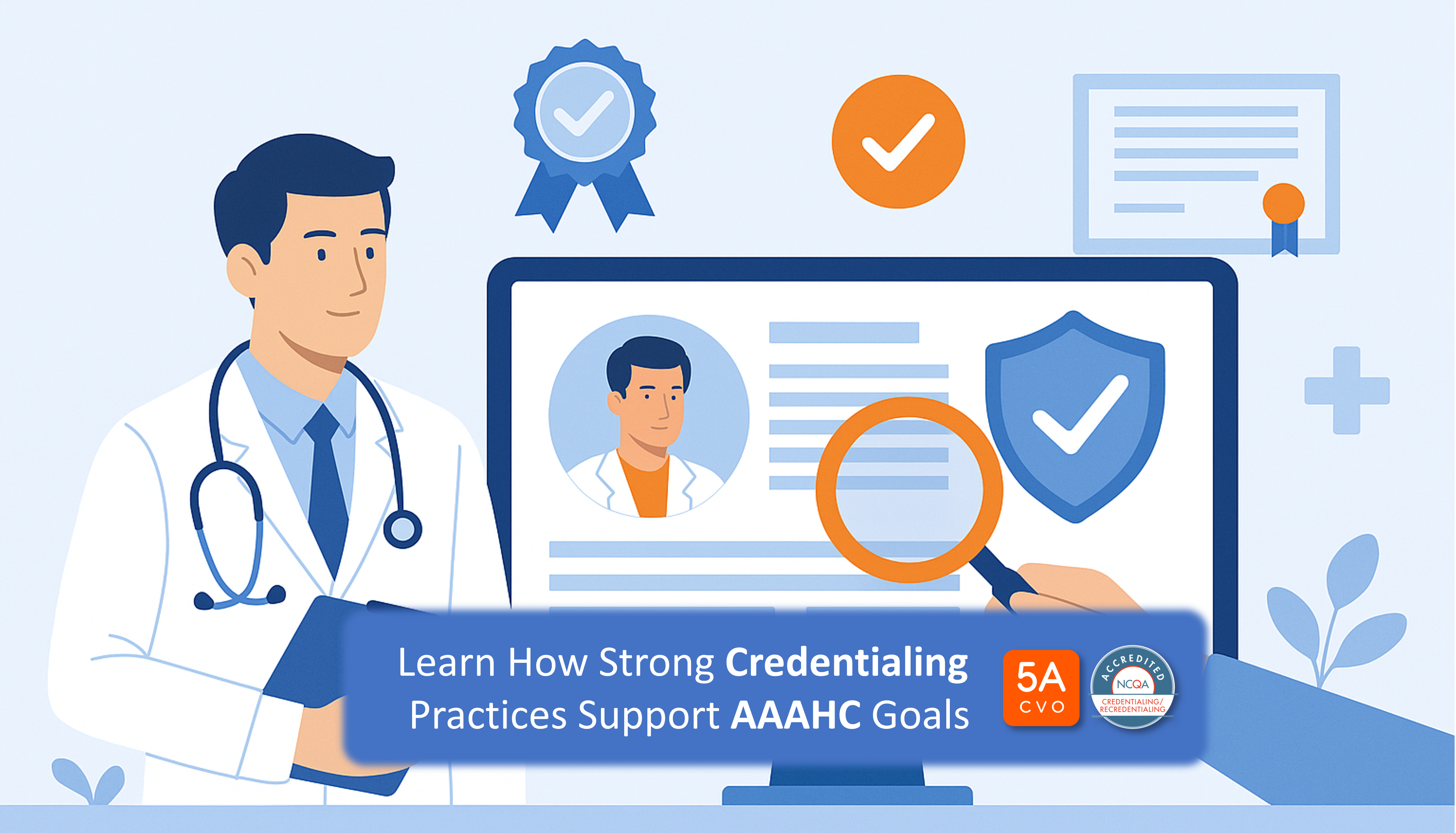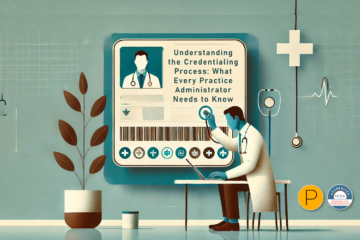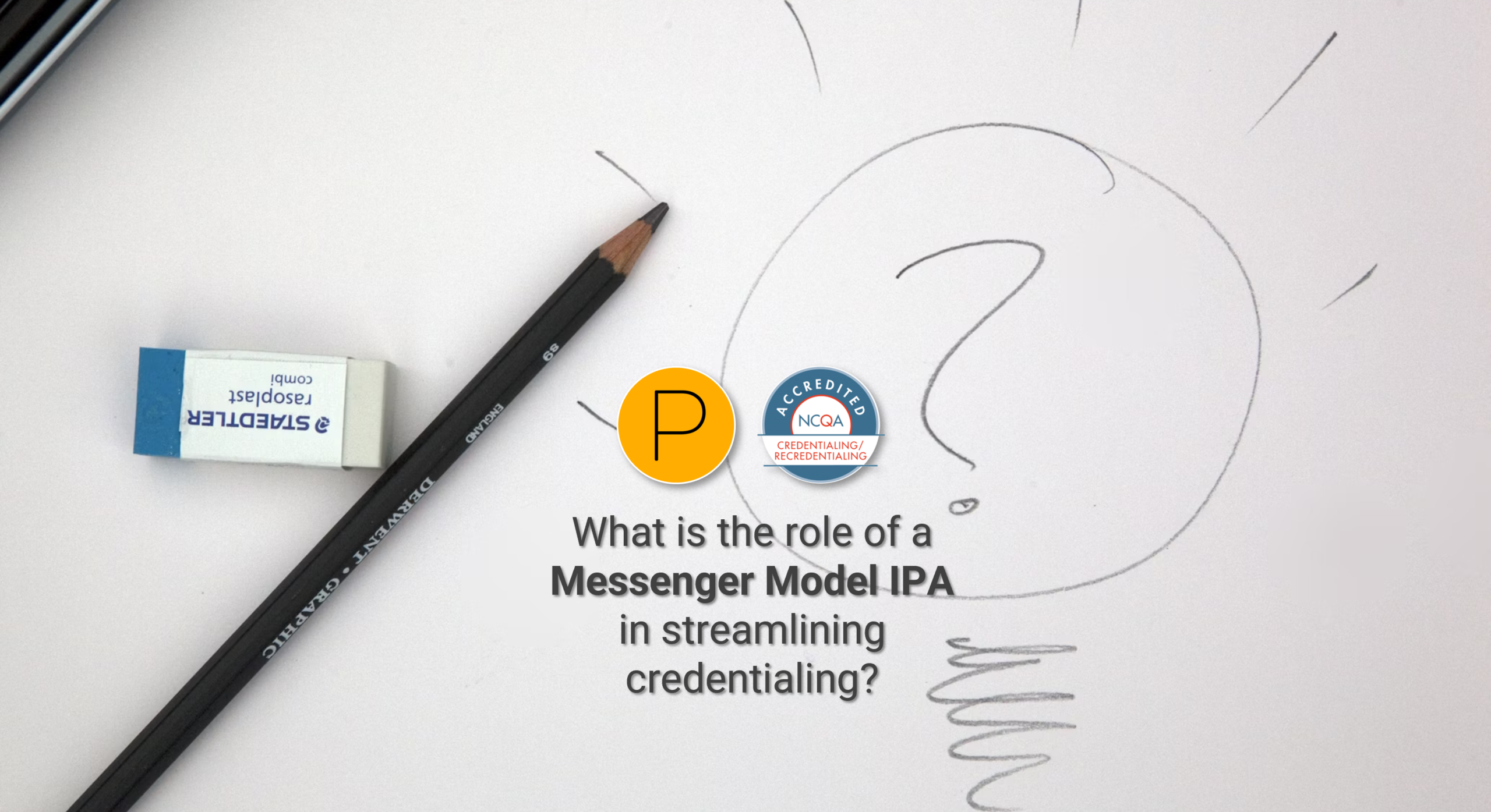Provider enrollment in credentialing is a complex but essential process for healthcare organizations. It requires the utmost accuracy and attention to detail. When done correctly, it ensures that healthcare providers are legally authorized to treat patients and receive compensation from insurance payers.
However, careless provider enrollment can lead to severe consequences, affecting the provider and the healthcare organization. This article will explore the seven top concerns of careless provider enrollment in credentialing and offer guidance on how to avoid these pitfalls.
1. Delayed Revenue Cycle
One of the most immediate and pressing concerns of careless provider enrollment is its significant impact on the healthcare organization’s revenue cycle. Credentialing errors or incomplete enrollment forms can lead to delays in a provider’s ability to bill for services. In worst-case scenarios, these delays can last several months, causing the organization to lose substantial revenue and financial stability.
To ensure timely payment, providers must be correctly enrolled in Medicare, Medicaid, and private insurance plans. Careless mistakes in enrollment applications, such as incorrect provider information, missed deadlines, or incomplete documentation, can lead to reimbursement denials.
Additionally, delays caused by poorly managed credentialing processes can frustrate providers who may be unable to see patients or provide services without knowing if they will be paid. Due to delayed payments, organizations that fail to streamline the provider enrollment process risk impacting their overall financial health.
2. Non-Compliance with Regulatory Requirements
Healthcare is a highly regulated industry, and credentialing is no exception. Failure to comply with state and federal requirements can lead to severe consequences, including legal penalties, audits, or even exclusion from key programs such as Medicare or Medicaid. Non-compliance in provider enrollment typically stems from inaccurate or incomplete provider data or missing verification of credentials.
Healthcare organizations must ensure that each provider meets the licensure, certification, and training standards mandated by regulatory bodies. Inaccurate or expired data can result in non-payment and place the organization under scrutiny from accrediting agencies like the National Committee for Quality Assurance (NCQA) or the Joint Commission. Penalties for non-compliance can range from fines to suspension of accreditation, damaging an organization’s reputation and financial standing.
3. Credentialing Backlogs
A careless or poorly organized provider enrollment process can result in credentialing backlogs, particularly in large healthcare organizations. When enrollment tasks are delayed, it creates a bottleneck effect, slowing down the entire credentialing process and leading to unnecessary delays in providers enrolling in health plans.
Backlogs are more common in organizations that lack a robust credentialing management system or have insufficient staffing to handle the influx of enrollment applications. As a result, new providers may not be able to begin practicing promptly, leading to workforce shortages and an inability to meet patient demand. This is especially concerning in busy practices or specialized facilities where certain providers are crucial to operations.
Clear procedures, automated systems, and appropriate staffing levels are vital for avoiding backlogs and keeping the credentialing process on track.

4. Increased Risk of Fraud and Abuse
Careless provider enrollment can increase the risk of fraud and abuse from providers and third-party payers. Fraudulent claims can stem from providers who are either inadequately verified or enrolled without the necessary oversight. Providers with questionable backgrounds or those who have been sanctioned or had their licenses revoked may slip through the cracks if due diligence is not performed during the enrollment process.
Fraud and abuse affect healthcare organizations financially and expose them to potential legal action and reputational damage. Without thorough verification and careful management of the credentialing process, healthcare organizations may unknowingly enable fraudulent activity, such as billing for services not provided or inflating the cost of services.
Thorough background checks, proper documentation, and careful monitoring of provider credentials are essential to mitigate this risk and ensure that only qualified providers are enrolled.
5. Loss of Provider Trust and Satisfaction
The provider enrollment process has a direct impact on provider satisfaction. When credentialing and enrollment processes are handled carelessly, it can lead to significant frustration for providers who may experience delays in their ability to practice and receive payment for services. This can also hurt their relationships with the healthcare organization.
Poor communication during the credentialing process, such as failure to keep providers informed about their enrollment status or leaving them in the dark about potential errors, can result in a loss of trust. Providers may feel unsupported by their organization, especially if they encounter repeated issues during the enrollment process. This can lead to disengagement, dissatisfaction, and potentially higher provider turnover rates.
To maintain positive provider relationships, organizations must ensure that their enrollment processes are efficient, transparent, and proactive. Providing regular updates and addressing issues quickly can go a long way toward ensuring provider satisfaction.
6. Negative Impact on Patient Care
One of the most critical concerns about careless provider enrollment is its potential impact on patient care. When providers are not properly credentialed, they may not be able to see patients, resulting in reduced access to care. For healthcare organizations, this can mean longer patient wait times, reduced appointment availability, and strained resources, as other providers must pick up the slack.
In some cases, delays in provider enrollment can lead to a gap in care, particularly for patients with chronic conditions who rely on timely treatments. Furthermore, if an unqualified or improperly credentialed provider is allowed to practice, there is a potential risk to patient safety. In the event of malpractice, this can lead to lawsuits and regulatory repercussions for the healthcare organization.
Proper provider enrollment ensures that only qualified, competent providers deliver care, reducing the risk of harm to patients and promoting better health outcomes.
7. Damage to Organizational Reputation
Careless provider enrollment can result in significant reputational damage for healthcare organizations. Delays in enrolling providers, poor management of credentialing data, or non-compliance with regulatory requirements can all reflect poorly on the organization’s professionalism and competence. For patients, the inability to see their preferred provider or long waits due to credentialing issues can create dissatisfaction with the organization’s services.
Additionally, healthcare organizations that experience repeated problems with credentialing may be viewed as unreliable by insurance companies, payers, and other healthcare entities. This can damage the organization’s relationships with key stakeholders and complicate attracting new providers or partners.
In the digital age, reputation is more important than ever, and negative experiences with provider enrollment can quickly lead to bad reviews, complaints, and social media backlash. Maintaining a positive reputation requires a commitment to excellence in every aspect of operations, including provider credentialing and enrollment.

How to Avoid the Pitfalls of Careless Provider Enrollment
Avoiding these seven concerns requires healthcare organizations to implement best practices for provider enrollment and credentialing.
Here are a few key strategies:
- Invest in Credentialing Software: Automation tools and credentialing management systems can significantly streamline the provider enrollment process by reducing manual errors and ensuring all necessary documentation is submitted on time. These systems also help track deadlines, license expirations, and re-credentialing needs, reducing the risk of delays and non-compliance.
- Establish Clear Protocols: Organizations should have well-documented procedures for each step of the provider enrollment process, ensuring that all staff members understand their roles and responsibilities. This can help prevent errors and streamline communication between different departments involved in credentialing.
- Maintain Open Communication: Keeping providers informed about their enrollment status is crucial to maintaining their trust and satisfaction. Regular updates, quick responses to inquiries, and transparency in the credentialing process can go a long way toward avoiding frustration and dissatisfaction.
- Allocate Adequate Resources: Credentialing departments should be appropriately staffed and supported to handle the workload, particularly in larger organizations. Adequate staffing and resources can help prevent backlogs and ensure enrollment is processed promptly.
- Stay Current on Regulations: Healthcare regulations are constantly changing, and it is essential to stay informed about the latest compliance requirements for provider enrollment. Regular staff training and audits of credentialing processes can help ensure ongoing compliance.
Conclusion and Call to Action
Provider enrollment in credentialing is a critical process that requires attention to detail, organization, and compliance with regulatory requirements. Careless provider enrollment can lead to delayed payments, compliance issues, increased fraud risk, dissatisfied providers, and compromised patient care. To avoid these concerns, healthcare organizations must invest in credentialing systems, establish clear procedures, maintain open communication, and allocate appropriate resources.
For more information on how to streamline your credentialing process and avoid these common pitfalls, visit PrimorisCredentialingNetwork.com or contact us today to learn how we can help your organization stay ahead in the credentialing game.
More information about Primoris Credentialing Network
Primoris Credentialing Network is an NCQA Credentialing Accredited company specializing in credentialing and provider enrollment. It offers 54+ health plan and network provider enrollment options. Primoris is a family member of Fifth Avenue Healthcare Services. Sister companies include 5ACVO (credentialing and primary source verification specialists) and Fifth Avenue Agency (MPLI and medical malpractice specialists).
This article was initially published by Primoris here. For more information on Primoris Credentialing Network, please visit PrimorisCredentialingNetwork.com or Contact Us.












